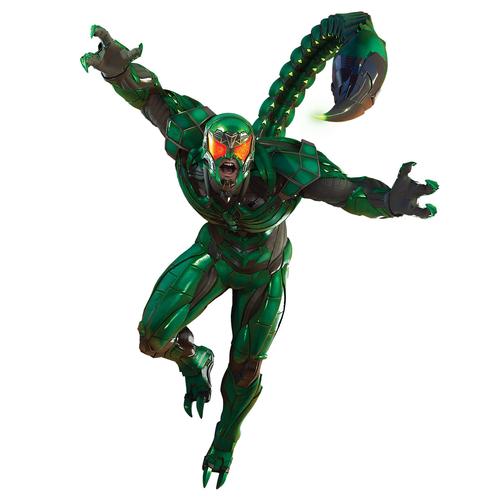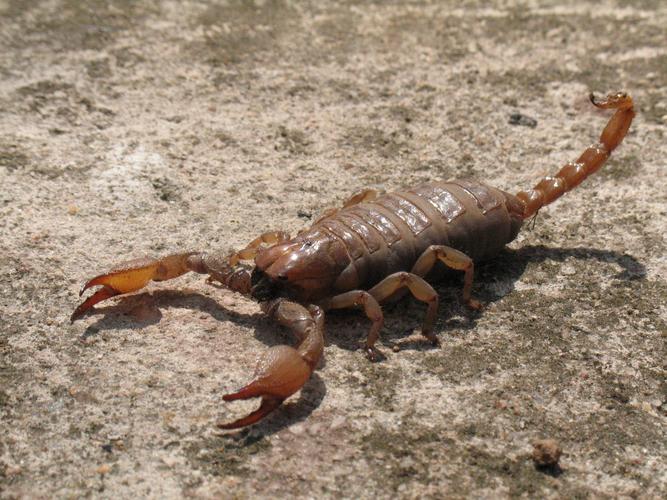
Scorpion Bite: A Detailed Overview
Scorpion bites can be a terrifying and potentially life-threatening experience. Understanding the nature of these bites, their symptoms, and the appropriate treatment is crucial for anyone who may encounter this situation. In this article, we will delve into the various aspects of scorpion bites, providing you with a comprehensive understanding of this issue.
What is a Scorpion Bite?
A scorpion bite occurs when a scorpion injects venom into a person’s skin. Scorpions are arachnids, closely related to spiders and ticks, and are found in various parts of the world, particularly in warm and arid climates. The venom contains a complex mixture of toxins, which can cause a range of symptoms, from mild to severe.

Understanding Scorpion Venom
Scorpion venom is a mixture of neurotoxins, cardiotoxins, and other substances. The neurotoxins are responsible for the majority of the symptoms associated with scorpion bites. They can interfere with the normal functioning of the nervous system, leading to muscle weakness, paralysis, and even respiratory failure in severe cases.
Common Symptoms of Scorpion Bites
The symptoms of a scorpion bite can vary depending on the species of scorpion, the amount of venom injected, and the individual’s sensitivity to the venom. Common symptoms include:
| Symptom | Description |
|---|---|
| Pain | Immediate, sharp pain at the site of the bite |
| Swelling | Inflammation and swelling around the bite area |
| Nausea and Vomiting | Feeling of queasiness and vomiting |
| Diarrhea | Loose, watery stools |
| Paralysis | Gradual weakness and paralysis, starting from the feet and moving upwards |
| Respiratory Distress | Difficulty breathing, which can be life-threatening |
Diagnosis and Treatment
Diagnosing a scorpion bite is typically straightforward, as the symptoms are usually indicative of the condition. However, it is essential to seek medical attention immediately if you suspect a scorpion bite, as some cases can be severe and require immediate treatment.
Initial treatment may include cleaning the wound, applying ice, and taking over-the-counter pain relievers. In severe cases, antivenom may be necessary. Antivenom is a medication specifically designed to neutralize the toxins in scorpion venom and is the most effective treatment for severe scorpion bites.

Prevention and Safety Measures
Preventing scorpion bites involves taking certain precautions, especially if you are in an area where scorpions are common:
- Wear protective clothing, such as long pants and socks, when walking in areas where scorpions may be present.
- Keep your living area clean and free of clutter, as scorpions often seek refuge in dark, undisturbed spaces.
- Use a flashlight when walking at night, as scorpions are more active during this time.
- Be cautious when handling items found outdoors, such as rocks, wood, or boxes, as scorpions may be hiding inside.
Conclusion
Scorpion bites can be a serious concern, especially in areas where these creatures are common. By understanding the nature of scorpion venom, the symptoms of a bite, and the appropriate treatment, you can be better prepared to handle this situation. Always seek medical attention if you suspect a scorpion bite, and take precautions to prevent such encounters.



